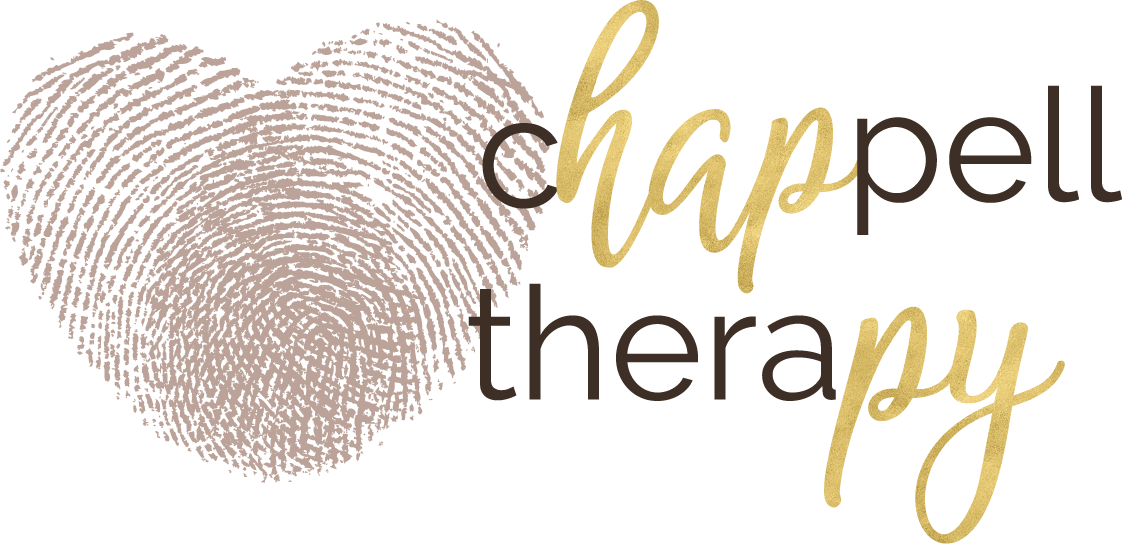 What is Emotionally Focused Couples Therapy?
What is Emotionally Focused Couples Therapy?
- An anxious partner, desperate to recapture a sense of closeness, may appear angry and aggressive as he struggles for a response.
- An avoidant partner, eager to feel safe and settled in the relationship, will withdraw, give in, or opt out of conversations she fears will lead to argument and eventual separation.
- A fearful partner demonstrates a confusing “come close-go away” behavior in an attempt to at once capture intimacy and protect himself from rejection.
None of those behavior styles allows the couple to achieve the sense of safety and intimacy they both crave.
An EFT therapist’s first concern will be creating a space where both partners feel safe to express their true feelings without being judged or rejected. She will guide you through three stages of therapy:
- De-escalating the negative cycle the relationship has fallen into. This could involve helping partners recognize when one is demanding and the other withdrawing, or both are withdrawing from their relationship.
- Restructuring the bond between partners using “hold me tight” conversation where both partners are encouraged to talk honestly about their fears and desires.
- Consolidating the changes the partners have made, reinforcing their effort, and applauding their discoveries. The therapist will help the partners recognize how their relationship got stuck and what steps they took to repair it.
This may seem like a lot of work, but EFT’s focused approach allows progress to occur in a short time, usually between 8 and 20 sessions.
The therapist keeps things on track with a set of tools:
- Focusing on the way each partner expresses emotions and the processes they use to relate to each other, over and over
- Digging deeper into the emotions expressed by the partners by asking each partner how they feel about the emotions being expressed and why
- Guiding the couple to recreate their interaction using what they’ve learned about themselves and how they interact
- Processing what the new interaction felt like for each partner to reinforce what they’ve learned
- Summing up the progress the couple has made in reworking their relationship so they realize they can heal their issues
Although EFT was created as couples therapy, it is also effective for whole families and for individuals.
